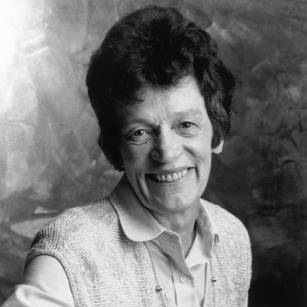Standing on the shoulders of the many
Gestalt cycle of experience
With the intention of educating the client system in how to improve its awareness of its functioning and to enhance its ability to take actions that improve this functioning, we use the Gestalt cycle of experience which is the process by which people – individually or collectively – become aware of what is going on at any moment, and how they mobilize energy to take some action that allows them to deal constructively with possibilities suggested by the new awareness.
Excerpt from Organizational Consulting, a Gestalt approach by C. Nevis
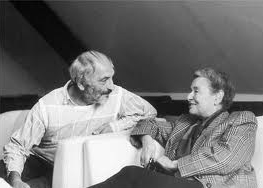
Phenomenology
Phenomenology, in Husserl’s conception, is primarily concerned with the systematic reflection on and study of the structures of consciousness and the phenomena that appear in acts of consciousness. This phenomenological ontology (study of being) can be clearly differentiated from the Cartesian method of analysis which sees the world as objects, sets of objects, and objects acting and reacting upon one another.
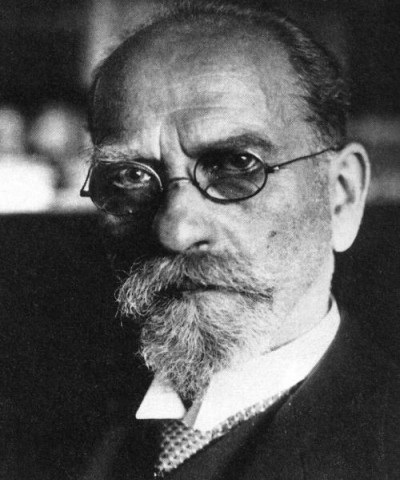
Relational Theory
Relational theory proposes that a central human necessity is the establishment of authentic and mutual connection in relationship. It aims to create and maintain mutually growth fostering relationships, in which all parties feel that they matter. In these healthy relationships they experience Jean Baker Miller’s the ‘five good things’:
- Sense of zest or well being from connecting with another person
- Ability and motivation to take action in the relationship and in other situations
- Increased knowledge of oneself and of the other person
- Increased sense of worth
- Desire for more connections beyond the particular one
Psychodynamics
A comprehensive theory about human nature, motivation, behavior, development and experience. Its framework stresses the importance of understanding:
- That each individual is unique
- That there are factors outside of a person’s awareness (unconscious thoughts, feelings and experiences) which influence his thoughts and actions
- That the past shapes the present
- That human beings are always engaged in the process of development throughout their lives
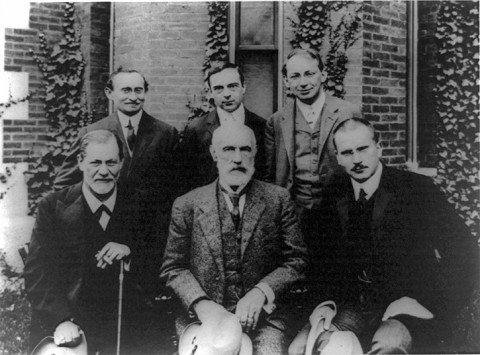
Integral Adult Development
The integrated approach to adult development takes a holistic view of adult development . This perspective is focused on how the intersections of mind, body, spirit and sociocultural influences affect development. In this type of transformative learning there is an invitation to explore ways of knowing beyond the rational, grounding knowledge in a more intuitive and emotional sense of our experiences.
Different types of intelligence are addressed (linguistic, logical- mathematical, musical, bodily-kinesthetic, spatial, interpersonal and intrapersonal) and learning is focused on promoting growth in several levels.
Action Learning
A method of learning involving the subject and the object, the self and the system or organization investigated. It encourages individuals to be continually questioning of their purposes, strategies and behavior while adjusting these on the basis of feedback about their impact in the world. At the personal level, it demands high levels of curiosity, awareness, and willingness to experiment and learn from experience and feedback. As a method, it increases the rate of learning and effectiveness. (Cook-Greuter, 2000)
Collaborative Inquiry
It is research ‘with’ rather than ‘on’ people. It emphasizes that all active participants are co-researchers fully involved in research decision. It creates a research cycle among four different types of knowledge: propositional knowledge contemporary science), practical knowledge (that comes with actually doing what you propose), experiential knowing (the real time feedback about our interaction with the larger world) and presentational knowing (the artistic rehearsal process through which we craft new practices).
The process iterates these four stages at each cycle with deepening experience and knowledge of the initial proposition, or of new propositions, at every cycle.
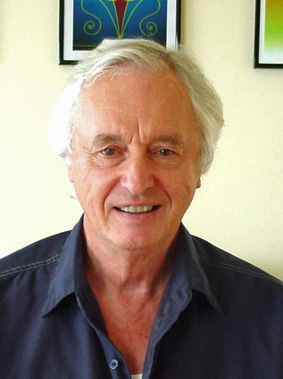
Appreciative Inquiry
Appreciative Inquiry is the study of what gives life to human systems when they function at their best. This approach to personal and organisational change is based on the assumption that questions and dialogue about strengths, successes, values, hopes and dreams are themselves transformational.
Appreciative Inquiry suggests that human organizing and change at its best is a relational process of inquiry, grounded in affirmation and appreciation. It aims to uncover and bring forth existing strengths, hopes, and dreams – to identify and amplify the positive core of the organization and in the process, transform people and organizations.
Excerpt from The Power of Appreciative Inquiry by Diana Whitley & Amanda Trosten-Bloom
